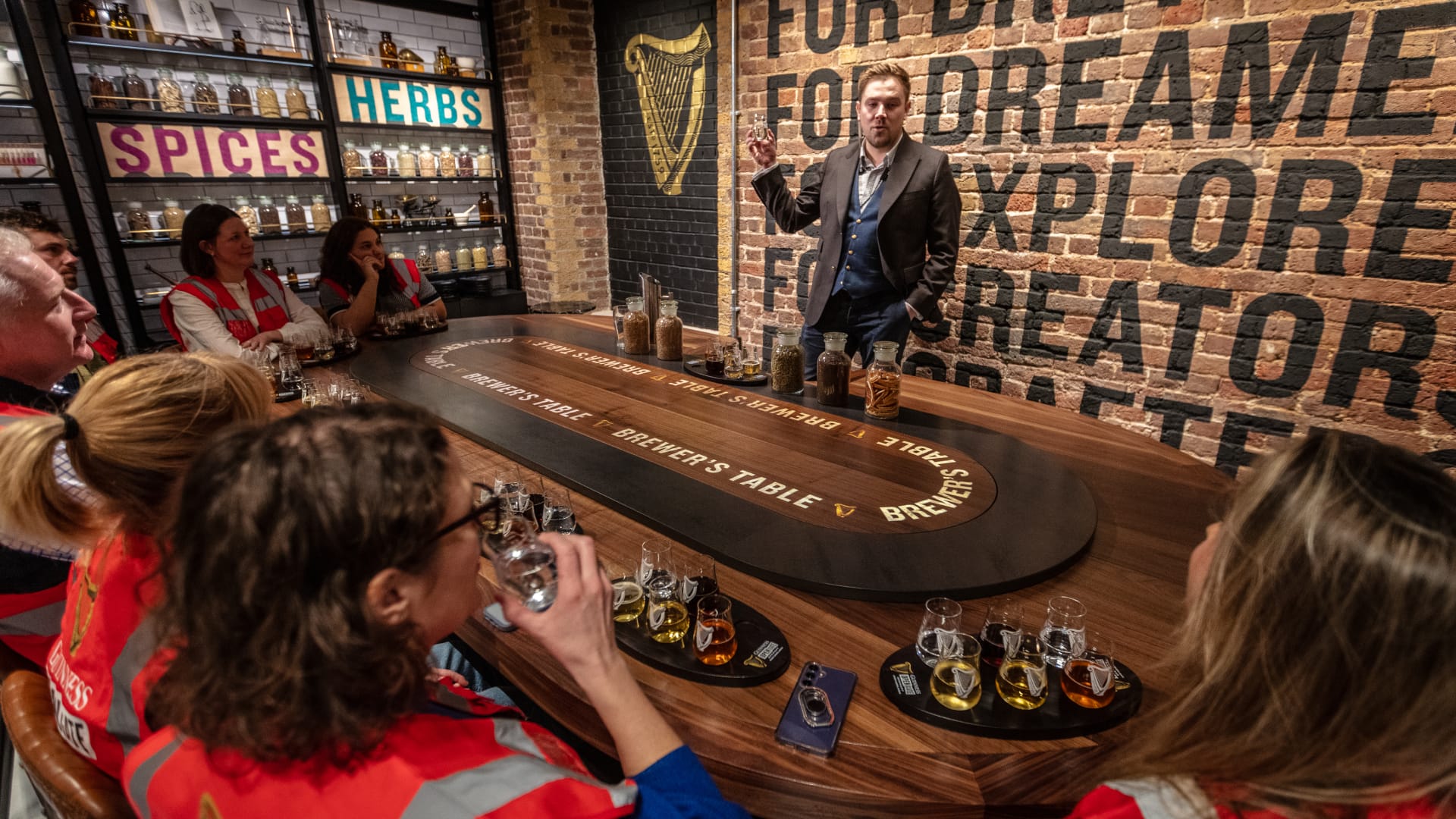
This article first appeared in Creative brief written by, Tom Gray, Chief Strategy Officer.
With volatility high and trust at a historic low, B2B marketers are looking afresh at experiential marketing as a way to get closer to customers and build stronger growth platforms.
From AI to climate change to automation, as the reverberations of technological and social change echo through the business world, B2B business strategists and brand managers are grappling with how to retain today’s customers while positioning themselves to win tomorrow’s.
We see it played out starkly in the results from our recent study of 375 leading marketing decision-makers that revealed that, across the board, almost three-quarters of brands planned to reposition themselves in some way over the past year.
Cascades of change
Why such a remarkable focus on brand for B2B businesses?
We believe that it’s closely related to changes in strategic direction in many B2B sectors, a knock-on effect of rapid advances in technology, especially in the realms of AI, sensors and automation, and regulatory changes aimed at accelerating the transition to low-carbon economies – hitting industries from security, to infrastructure, to energy, to logistics and automotive.
On the technological front, AI has created enormous opportunities for businesses, both in improving efficiencies of the core business, and in innovating new products and services.
It’s natural that in a changing world, where the products and propositions are changing, brand and marketing strategies should change too.
As strategies shift, so the brand must shift too. If the brand is the collected perceptions, associations and expectations that your customers and prospects have of your business, then a new strategy will often require a shift in those associations and perceptions.
The role of brand in creating trust
Why should brand matter to B2B businesses? Because trust is the most critical factor for most B2B customers. Turning awareness into consideration and consideration into sales is directly related to the depth of the relationship – the degree to which a customer trusts in your ability to deliver on the promise.
Deepen the relationship and increase the trust.
So how should one communicate a resonant positioning and build trust? It’s a common misconception that this has to be driven by big, above the line campaigns. While iconic messaging and media campaigns are important parts of signalling a shift in brand positioning, campaign messaging alone is not enough to build trust in the new promise.
The role of experiential marketing in building brands
Experiential approaches have a critical role to play in successful brand building and B2B growth. As a highly targeted channel, experiential marketing is the closest point of contact between a business and its customers or prospects.
It’s the point at which the proposition, capabilities, products and services of the business can be demonstrated in action. This hands-on interaction is particularly important for businesses whose offerings might be complex or customised. Through experiences such as live demonstrations, co-creation in innovation centres, or interactive exhibits, potential clients can gain a clearer understanding of the product’s value and fit with their business. Perhaps more importantly, this direct interaction is a key contributor to building trust: experiencing really is believing.
Another advantage of experiential marketing is its ability to generate word-of-mouth and social sharing among professionals within the same industry. B2B purchasing decisions are often influenced by recommendations from peers and industry thought leaders. Direct experiences are proven to be more effective at creating memories. By creating engaging, memorable experiences, companies can increase the likelihood of recall and word of mouth recommendations as prospects share their positive interactions with their networks, both offline and online.
Experiential marketing also allows for the collection of valuable data and insights. During interactive events, companies can gather firsthand feedback on their products, services, and overall brand perception.
This feedback is crucial for understanding the needs and preferences of the target market, enabling businesses to tailor their offerings and marketing strategies more effectively.
By including powerful, thoughtfully designed brand experiences in their brand and marketing toolkit, B2B marketers and growth teams can increase the speed of understanding and adoption of a new strategic direction.



